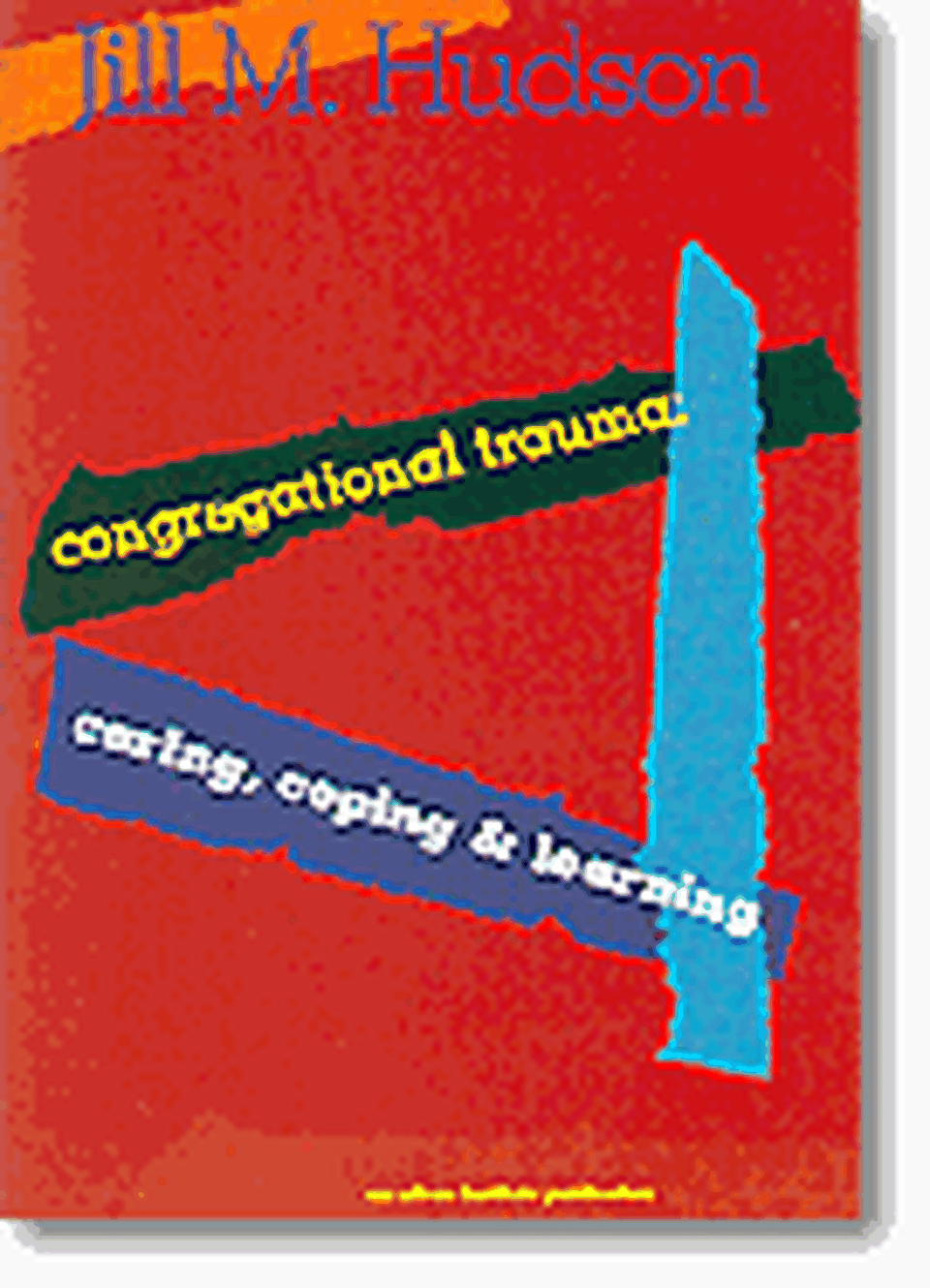How to survive in the public eye

In these instances, being in the public eye is not comfortable. With God's help and careful planning, a congregation can use this spotlight as a witness to the power of God to heal, and make whole even the most atrocious events. Even public pain can be a tool for Christ.
Often news coverage - newspapers or TV stations - print or say things that are disruptive to congregational life and seem to add to the existing trauma. Knowing how to deal with the media during difficult times can help make sure the story is told accurately and that healing can begin.
Know this about news coverage:
- Make friends with the press before you encounter reporters in a crisis. Build a relationship with at least one person on the newspaper staff who can help you get to know the ropes of the paper's system of news coverage.
- A little kindness goes a long way. Most reporters are not greeted warmly. If you offer a hospitable presence, they are likely to be more gentle.
- Although trauma may involve a religious organization, it is unlikely that it will be covered initially by a religion specialist.
- You should expect that a numbers of reporters will be working on your story, not just one.
- Appoint a spokesperson for your congregation. If at all possible, such a person should have previous experience in dealing with the media, and at least understand the needs of their needs.
- It is better to give a concerned, general statement rather than to remain silent. If you have an attorney, he or she will wish to speak on behalf of the church - but you can be sure that the media will look for other people to talk to as well.
- When negotiating with reporters, remember that they have varying degrees of authority on what they can and cannot promise you.
- Don't discuss anything you don't want to see in print. "Off the record" means only that your name isn't attached to the information.
- Express a willingness to be available to verify the accuracy of quotes.
- News conferences are of limited interest, but written statements and arranged interviews are helpful.
- Have people ready to be interviewed who reflect a wide range of experience and emotional response. Choose your most articulate representatives for this role.
- In responding to questions, give short, clear, and concise answers. If you don't understand the question, ask the interviewer to repeat it.
- Remain calm and rational, even if the reporter appears to be baiting. If the interviewer appears hostile, the best approach is to use humility.
- If negative questions are anticipated, rehearse responses in advance and focus on the positive points.
- Be sincere and tell the truth.
- Remember that "no comment" invites the reporter to look elsewhere for answers. It's better to respond and to have some control over what is said.
- Ask about the deadline. Try to work with reporters in meeting their deadlines with accurate information.
- Determine ahead of time if you'll respond to questions, then stick to your decision.
- Make multiple copies of background information sheets about the church and relevant individuals to distribute to the media. Supplying such facts ensures accurate information.
- You can say NO to any interview. You can exclude children from interviews.
- You can demand a correction if information is inaccurately reported.
- You can ask that offensive photographs or visuals be omitted from a report.
Regarding cameras in church:
- Generally speaking, it is better to agree to taping than to deny the request. Remember, a telecast can also be an opportunity to witness to God's healing power, one that will reach many more people than just those gathered for the worship service.
- Most TV stations will want to be represented by their own film crew. You can insist that they pool the tape. Some stations will resist your decision, but it can generally be negotiated with effort.
- You should ask for stable cameras on tripods during worship rather than roving cameras.
- Request that TV crews use no additional lighting.
- Plan to be present at least a half-hour early to monitor film activity.
- You may request that reporters not approach worshipers or leaders for comments or interviews inside the church. It's helpful to invite the press to a common space after the service where you can provide a variety of people with whom reporters can speak.
Adapted from Congregational Trauma: Caring, Coping & Learning by Jill M. Hudson with permission from the Alban Institute, Inc., 7315 Wisconsin Ave., Suite 1250W, Bethesda, Maryland 20814-3211, 1-800-486-1318. Copyright (c) 1998. All rights reserved.
The Rev. Jill Hudson is a speaker and consultant who co-leads the annual Clergy Development Institute with Roy Oswald. She has extensive experience in the areas of parish/pastor relationships, conflict management, and congregational redevelopment and serves as Executive Presbyter of the Presbytery of Whitewater Valley in Indianapolis.
Originally published August 02, 2001.





